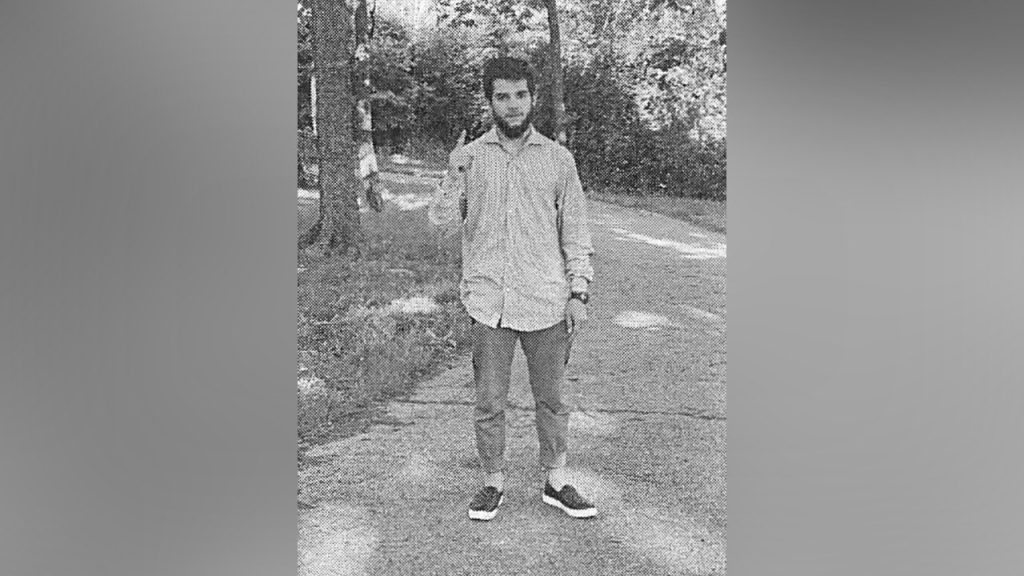In Oklahoma, an Afghan national named Nasir Ahmad Tawhedi was denied release by a judge after being accused of planning a terrorist attack for Election Day. The 27-year-old faces charges of providing resources to a terrorist organization and conspiracy to obtain firearms for an act of terrorism. Tawhedi was communicating with an ISIS contact as he made his plans, and the FBI arrested him on charges of planning to purchase two AK-47 rifles for a mass shooting on Nov. 5. His ties to ISIS-K, the Afghan branch of ISIS, and his donations to an ISIS-connected charity raised concerns about the potential threat he posed.
Tawhedi arrived in the U.S. in September 2021 following the U.S. withdrawal from Afghanistan. He had previously worked as a security guard for the CIA in Afghanistan and underwent vetting for that role. Despite being vetted at least once more before his transfer to Oklahoma, questions have been raised about potential lapses in the vetting process that allowed him to enter the U.S. without proper scrutiny. The fact that Tawhedi was in communication with an individual affiliated with ISIS-K highlights the challenges in identifying and preventing potential terrorist threats.
The FBI’s investigation into Tawhedi revealed that he had been donating to an ISIS-connected charity and consuming ISIS propaganda online. This raised further concerns about his intentions and his possible involvement in extremist activities. In a related development, a family member of Tawhedi was arrested in France for planning a separate attack. The coordination between U.S. and French law enforcement agencies in identifying and disrupting potential terrorist plots underscores the importance of partnerships in combating terrorism on a global scale.
The refusal of Department of Homeland Security Secretary Alejandro Mayorkas to answer questions about Tawhedi and the circumstances surrounding his entry into the U.S. has raised additional questions about the effectiveness of vetting procedures for individuals arriving from regions with known terrorist threats. The revelation that Tawhedi was not subjected to a third vetting process after his arrival in the U.S. despite prior claims to the contrary has fueled concerns about potential gaps in the security protocols in place to prevent individuals with extremist ideologies from entering the country.
The case of Nasir Ahmad Tawhedi highlights the complexities and challenges involved in identifying and neutralizing terrorist threats. The fact that an individual with ties to a terrorist organization was able to enter the U.S. and plan a potential attack underscores the need for robust vetting processes and enhanced cooperation between domestic and international law enforcement agencies to prevent acts of terrorism. The recent arrests in France and the U.S. serve as a reminder of the ongoing threat posed by extremist groups and the importance of vigilance and collaboration in safeguarding communities from violence.














